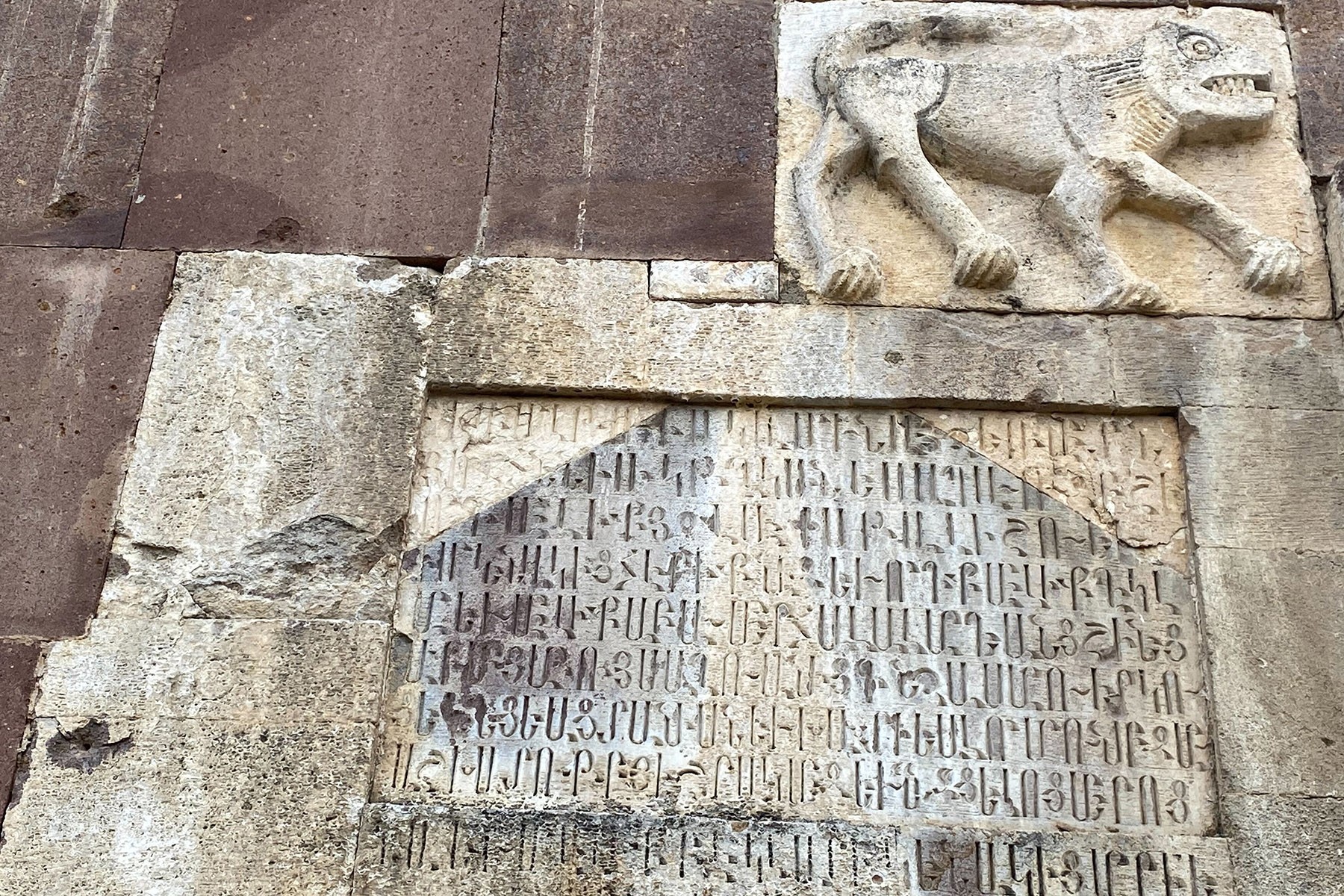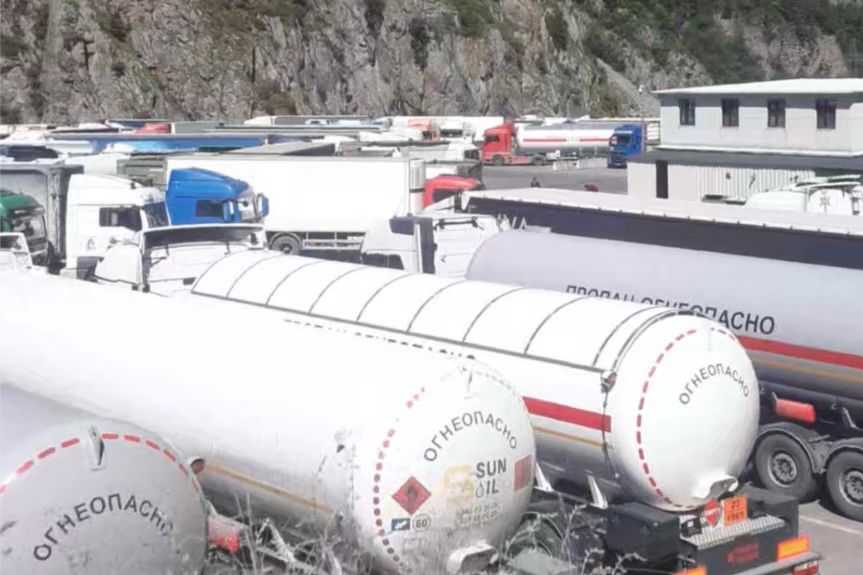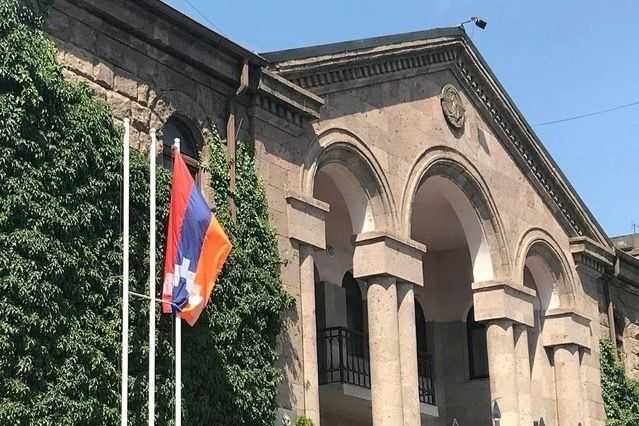
The European Parliament has adopted a resolution that ‘strongly condemns Azerbaijan’s continued policy of erasing and denying the Armenian cultural heritage in and around Nagorno-Karabakh’.
The resolution, which was adopted with 635 votes to two, with 42 abstentions, referred to 1,456, mainly Armenian monuments that came under Azerbaijani control after the Second Nagorno-Karabakh War.
It came after the Azerbaijani authorities announced plans to erase Armenian inscriptions on churches Azerbaijan claims are Caucasian Albanian.
‘The erasure of the Armenian cultural heritage is part of a wider pattern of a systematic, state-level policy of Armenophobia, historical revisionism, and hatred towards Armenians promoted by the Azerbaijani authorities, including dehumanisation, the glorification of violence, and territorial claims against the Republic of Armenia which threaten peace and security in the South Caucasus’, the resolution read.
The resolution also called out the ‘falsification of history’ in the region and attempts to ‘present it as so-called Caucasian Albanian’.
Azerbaijani President Ilham Aliyev had vowed to remove Armenian inscriptions from a 12th-century Armenian church in Tsakuri, while the Minister of Culture Anar Karimov announced in February that the government had set up a working group of ‘specialists’ to remove ‘the fictitious traces written by Armenians on Albanian religious temples’.
[Read more: The battle over Christian monuments in Nagorno-Karabakh]
The resolution said Azerbaijan’s actions were a violation of international law and cited a ruling by the International Court of Justice (ICJ).
[Read more: ICJ orders Armenia and Azerbaijan to prevent racial hatred, but declines specific requests]
The resolution went through several revisions, with its initial draft excluding the ICJ’s ruling on the requests for provisional measures by Armenia and Azerbaijan, as well as further information about the ‘systemic destruction’ of Armenian heritage in Azerbaijan.
The adopted document also touched upon the destruction of Armenian cultural heritage in Nakhchivan over the past three decades, accusing Azerbaijan of causing irreparable damage to 89 Armenian churches, 20,000 graves, and more than 5,000 headstones.
The resolution also emphasised that areas returned by Armenia to Azerbaijan following the war, such as the cities of Aghdam and Fuzuli, had been subject to ‘almost total destruction and looting’ by Armenian forces.
The European Parliament called on Azerbaijan to enable UNESCO’s access to Nagorno-Karabakh, and urged Azerbaijan to ensure that ‘no interventions on Armenian heritage sites occur prior to a UNESCO assessment mission’.
Concluding its resolution, the Parliament also called on both Baku and Yerevan to ensure effective investigations into all allegations of violations of international law, including the protection of cultural heritage, noting that the First Nagorno-Karabakh war also led to the destruction of Azerbaijani cultural heritage.
Update 12 March 2022: The Committee for International and Inter-Parliamentary Relations of the Azerbaijani parliament has condemned the EU resolution, calling it ‘yet another biased resolution directed against Azerbaijan’ and ‘yet another collapse of the European democracy’. Their statement said the resolution was ‘entirely based on the false information fed by Armenia and the Armenian Lobby’.
‘[The resolution] distorts the realities emanating from the 30-year-long period of occupation of the Azerbaijani lands, including the facts of vandalism towards our cultural heritage situated in those areas, and calling into question the territorial integrity and sovereignty of Azerbaijan whilst also damaging the efforts made to establish lasting peace and stability in the region.’
Their statement highlighted the destruction of Azerbaijani cultural heritage in areas that came under Armenian control following the first war. It said accused the EU parliament of ‘fostering religious and racial discrimination’ by not mentioning the destruction of such Islamic sites.
For ease of reading, we choose not to use qualifiers such as ‘de facto’, ‘unrecognised’, or ‘partially recognised’ when discussing institutions or political positions within Abkhazia, Nagorno-Karabakh, and South Ossetia. This does not imply a position on their status.






